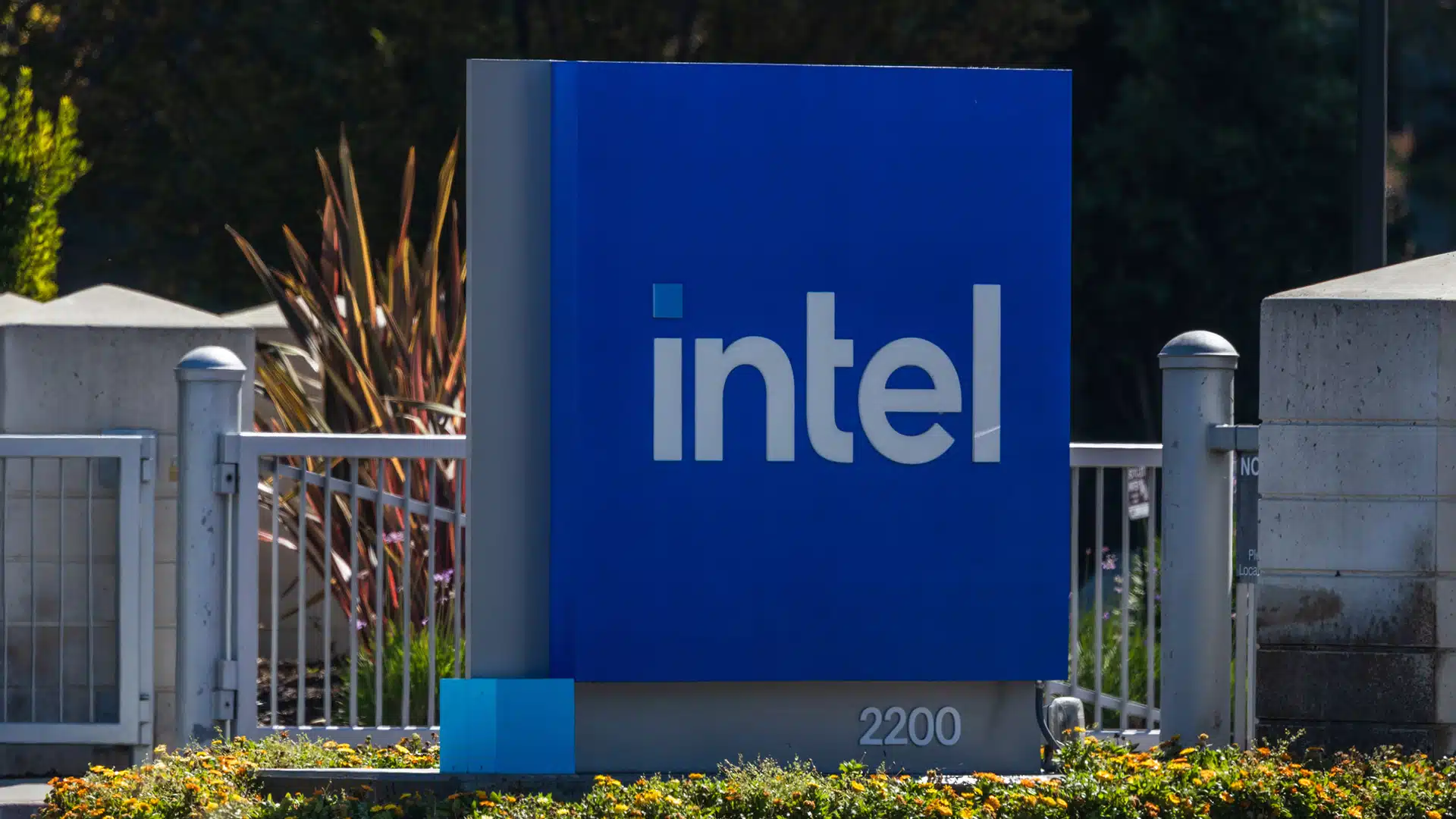A new report from Persado surveys the impact of brand language, emotions, and context on consumer behavior, highlighting the type of language and approaches that best resonate with customers, while also creating a blueprint for brands looking to refine their personalization strategies. The 2022 Persado Customer Motivation Report reveals insights from more than 10,000 unique artificial intelligence (AI)-generated campaigns and communications for brands conducted by the company during the past three years.
The New York-based provider of an AI platform that helps generate marketing language to drive customer engagement, Persado argues that personalization alone is no longer enough to spur a customer into action. Instead, an effective message has to tap into the consumer’s motive to buy. And by uncovering the right motivation for every customer, brands can tap into an immediate desire to purchase.
Lisa Spira, head of content intelligence at Persado, says that more than ever, companies must rely on scalable personalization solutions that reach customers at pivotal points and across the entire buyer journey. “Our report illustrates the influence that language has on motivating customers to engage and act, and how those motivators can shift over time,” Spira remarks.
A key finding of the report is that context matters. According to Persado’s data, the environment in which a message appears is a driving factor behind its potential success, and determines what motivates a customer to act. For example, language classified under the Attention motivator, typically a top language performer, fell from the top-three to the lower end of the motivators when the COVID-19 pandemic hit. Language such as “act now,” or, “don’t waste any time,” no longer hit the tonal mark given the situation, and messages that were more centered around Safety and Intimacy, such as “we’ve got you covered” or “we’re here for you,” rose to the top.
Another key finding calls for mixing up high-performing motivators. The report says brands must revise their approach constantly even if the same emotional or narrative motivators are being used to anchor messages. In 2021, for instance, exhaustion from the pandemic set in, but Attention experienced a major comeback, ending the year as the second-highest performing motivator. Companies utilizing Attention language saw better results when the message had a lighter, more mellow tone, such as “A friendly message” instead of “Alert!” At the same time, Intimacy language, a 2020 favorite, dropped to fifth place.
A third key finding calls on brands to anticipate language modification during changing times. Seasonal campaigns, in particular, bring big surprises, the report notes. While messages based on the language of Achievement, Attention, and Gratitude produce reliable results for nearly every industry and channel, changing times will require a different take, the Persado report states. During the holiday season of 2021, typically high-performing Attention and Achievement language tanked for retail, travel, and financial services. Instead, Black Friday and Cyber Monday saw new emotional motivators like “Regret,” “Luck,” and “Exclusivity” move up to the top three in rankings.
The report’s fourth and final key finding asserts that individuals make the audience, requiring personalized language geared to engage specific customers. In the financial services sector, for example, Regret became one of the most effective emotion-driven motivators in 2020. Pandemic stress meant that people needed an extra nudge from language, such as “Don’t get left behind” or “Please don’t ignore this.”
Founded in 2012, Persado is the creator of Motivation AI, a technology that applies AI and machine learning to generate specialized language, decisioning models, and personalization to engage with customers and speak in the voice of the brand. Leveraging patented algorithms, the technology learns consumer response patterns and then delivers precise language that motivates individuals to engage and act.
Author Information
Alex is responsible for writing about trends and changes that are impacting the customer experience market. He had served as Principal Editor at Village Intelligence, a Los Angeles-based consultancy on technology impacting healthcare and healthcare-related industries. Alex was also Associate Director for Content Management at Omdia and Informa Tech, where he produced white papers, executive summaries, market insights, blogs, and other key content assets. His areas of coverage spanned the sectors grouped under the technology vertical, including semiconductors, smart technologies, enterprise & IT, media, displays, mobile, power, healthcare, China research, industrial and IoT, automotive, and transformative technologies.
At IHS Markit, he was Managing Editor of the company’s flagship IHS Quarterly, covering aerospace & defense, economics & country risk, chemicals, oil & gas, and other IHS verticals. He was Principal Editor of analyst output at iSuppli Corp. and Managing Editor of Market Watch, a fortnightly newsletter highlighting significant analyst report findings for pitching to the media. He started his career in writing as an Editor-Reporter for The Associated Press.








